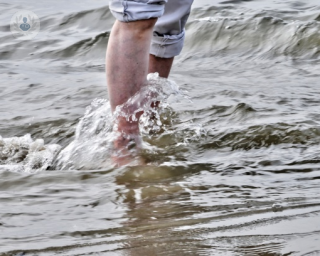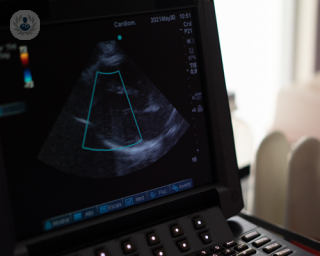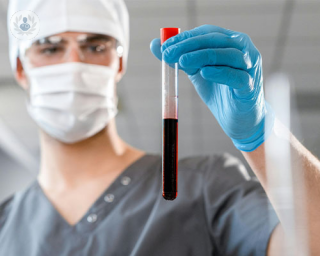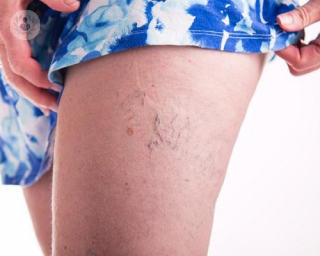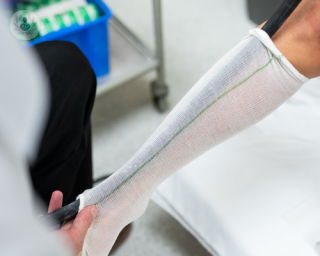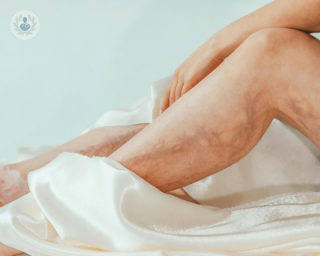
Written by Top Doctors
Vascular surgery
Varicose veins cause texture that can be seen from the surface of the skin, appearing swollen and twisted. They typically occur in the legs and feet. In this article, a consultant surgeon and expert in vascular disease explains why they occur and how they can be addressed.

